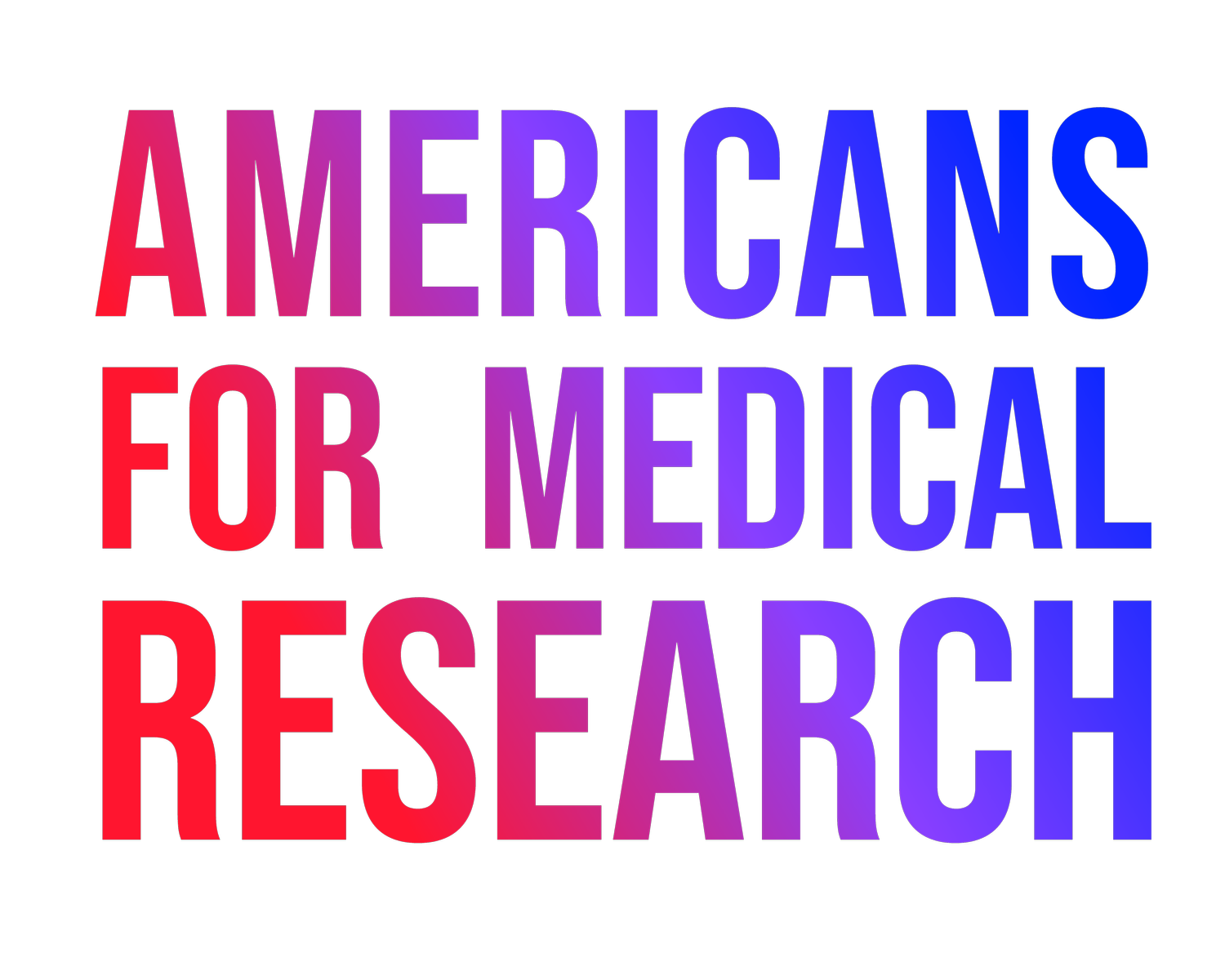On the importance of medical research funding
Jon Nelson | 11.20.25
The federal government saved my life.
That is no overstatement. For 10 excruciating years, beginning in my mid-30s, I tried every possible medication and treatment to relieve the deep-seated depression that made me want to die every second of every day. Nothing worked.
I tried 10 antidepressants, two residential treatment facilities, three intensive outpatient programs, three partial hospitalizations, more than one psychedelic, 36 rounds of transcranial magnetic stimulation and 12 sessions of electroconvulsive (shock) therapy, a barbaric treatment that dates to 1938 and is considered the gold standard for major depressive disorder. All of this was draining, expensive and, ultimately, useless. I still wanted to die.
I am here today because, three years ago, I participated in a clinical trial financed by the National Institutes of Health (NIH). During eight hours of invasive surgery, doctors at Mt. Sinai Hospital in New York City implanted two electrodes into my brain, a wire down my neck and a pacemaker in my chest. The pacemaker sends a constant stream of electric impulses to my brain. That electricity is my medicine.
The next day, Aug. 23, 2022, doctors turned on my device. I was immediately cured. I could function again in ways I hadn’t for years. I was able to do things most people take for granted: get out of bed in the morning, shower and brush my teeth, walk my dog and, especially, enjoy time with my wife and three teenage children.
I regained my will to live.
My cure sounds miraculous, but it is the result of years of medical research, funded by the NIH BRAIN Initiative, that aims to help people like me who don’t benefit from more traditional medications and treatments. My surgery proves the biological nature of serious mental illness. I have an inactive circuit in my brain, and medical research figured out how to fix it.
Every year, Congress appropriates money to the NIH, the biggest funder of biomedical research in the world, to support scientists working to treat and cure all types of diseases. Its investment has made America the world leader in medical research and innovation.
But now, critical NIH funding is at risk, jeopardizing treatments for brain diseases like mine as well as for cancer, Parkinson’s, Alzheimer's, diabetes and more. In each of the past two years, Congress has reduced the amount it appropriated to the BRAIN Initiative.
I am living proof of the power of medical research. But there are millions more like me in the United States, people with treatment-resistant depression who need the kind of help that, so far, only a handful of people in my clinical trial have been able to receive. (I know nine others who have had the surgery, and each is in remission.) Treatment-resistant depression affects up to 30% of people with major depressive disorder.
People who suffer from severe depression battle not only a devastating disease, but a societal stigma that makes dealing with their disorder that much more difficult. The stigma causes many of us to suffer in secret, afraid to share our pain with anyone beyond our immediate families. As a result, the public is unaware that so many of their neighbors, coworkers and even relatives are plagued by a disease that saps their desire to live — and often leads to suicide.
The Federal Drug Administration is currently reviewing a clinical trial that uses deep brain stimulation on patients with treatment-resistant depression; approval would make the surgery that saved my life available to more people. But the procedure is complex and expensive, and it would be impossible to provide it to all those who need — and deserve — it in Pennsylvania and nationwide.
To help the millions of people who suffer like I did, we need to conduct additional medical research and conduct more clinical trials. We need the federal government to continue to support scientists, doctors and even engineers who are trying to find a scalable, less cumbersome and costly way to cure people like me.
A decade after my symptoms began, they disappeared. Now, at 49, I am making the most of the “bonus life” I’ve been given. I created an organization called Pulverize the Stigma to annihilate the unfair treatment of people with serious mental illness and I advocate for medical research to find cures for others who, I hope, will one day be able reclaim their lives like I did.
NIH funding saved my life. With Congress’s help, it can save millions more.
